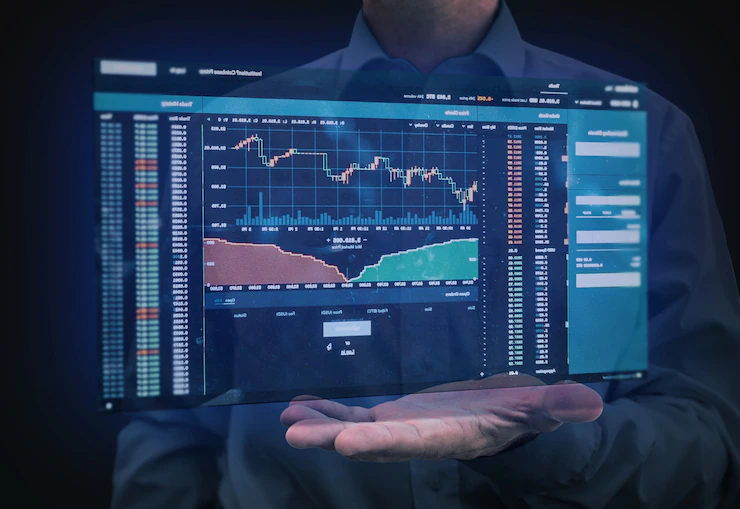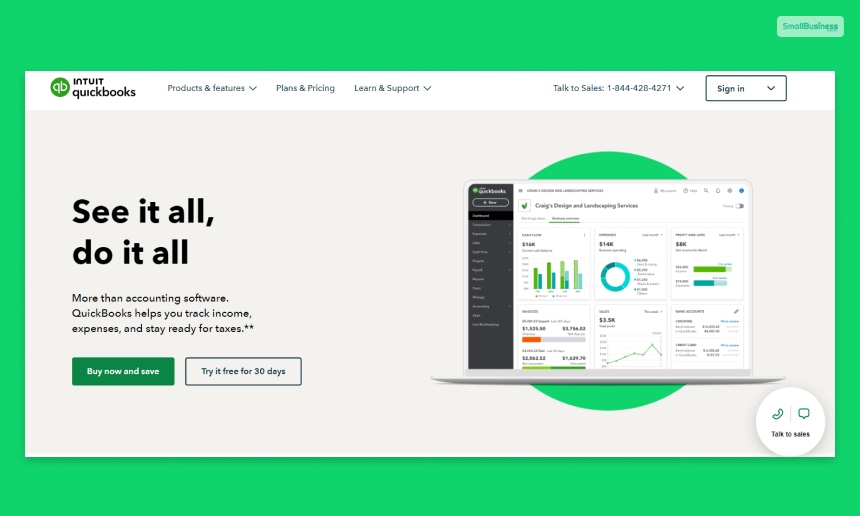The crypto world has changed a lot, welcoming all kinds of investors – big institutions, and regular traders too. It’s essential to understand the difference between big institutional platforms and the ones for retail traders. Let’s talk about the good and not-so-good things about each option.
Institutional Trading Platforms
Such exchanges serve for large amounts of trades, conducted by large market players. These may be financial corporations, hedge funds, technological companies, family firms, etc. Institutional services are tailored specifically to their needs. That may include brokerage services, programs for market-makers, lending plans, etc.
Let’s begin with the advantages of using an institutional crypto platform:
- Easy for big trades. These platforms make it easy to do really big trades without the prices going all over the place.
- Advanced trading tools. Large platforms have tools like charts and different order types. These tools facilitate smart and efficient trading.
- Enhanced security. They focus a lot on being increasingly safe and doing everything by the rules and regulations, which is crucial for big-money deals.
- Lots of different crypto assets. You can trade many types of cryptocurrencies on these platforms, so it’s not just about Bitcoin.
Now let’s switch to the disadvantages of platforms for institutional trading of crypto:
- Institutional platforms might be too complex for regular people. If you’re not a big investor, these platforms may seem to be too complicated and tough to understand.
- Need a lot of money to start. You might need a lot of money to get started on these platforms, making it impossible for smaller investors.
- Not always easy to use. Such platforms focus more on being functional than being easy to use, which can be a bit of a hassle.
Retail Platforms
Such exchanges do not offer any VIP platforms for institutional players and are used by retail traders – ordinary people who make a living with crypto trading.
Advantages:
- Easy for anyone to handle. These platforms are made to be easy to use, so anyone, even if you’re new to this, can get the hang of it.
- Don’t need a lot of money. You don’t need a large amount of money to start – even smaller investments can get you going.
- They help you learn. Retail reading exchanges often have guides and educational materials to help you learn about crypto, making it less confusing for newcomers.
- You can connect with other traders. These platforms let you connect with other people who are also trading, creating a community vibe and sharing experiences.
Disadvantages:
- Prices can be higher. Since these platforms might not have many big traders, sometimes the prices can jump around more.
- Not many tools. They might not have all the sophisticated tools for trading that the big platforms offer.
- Lower security. Some of these platforms might not be as strict about safety, so you need to be careful.
Final Thoughts
Choosing between big platforms and ones for retail traders depends on what you’re comfortable with and how much money you have. Big platforms are for large investors, and the other ones are more for everyone else. However, there are also exchanges fitting both retail and institutional traders, for example, Binance. So you can start with retail trading and switch to a VIP account over time if you need to.
Read more:




Leave A Comment